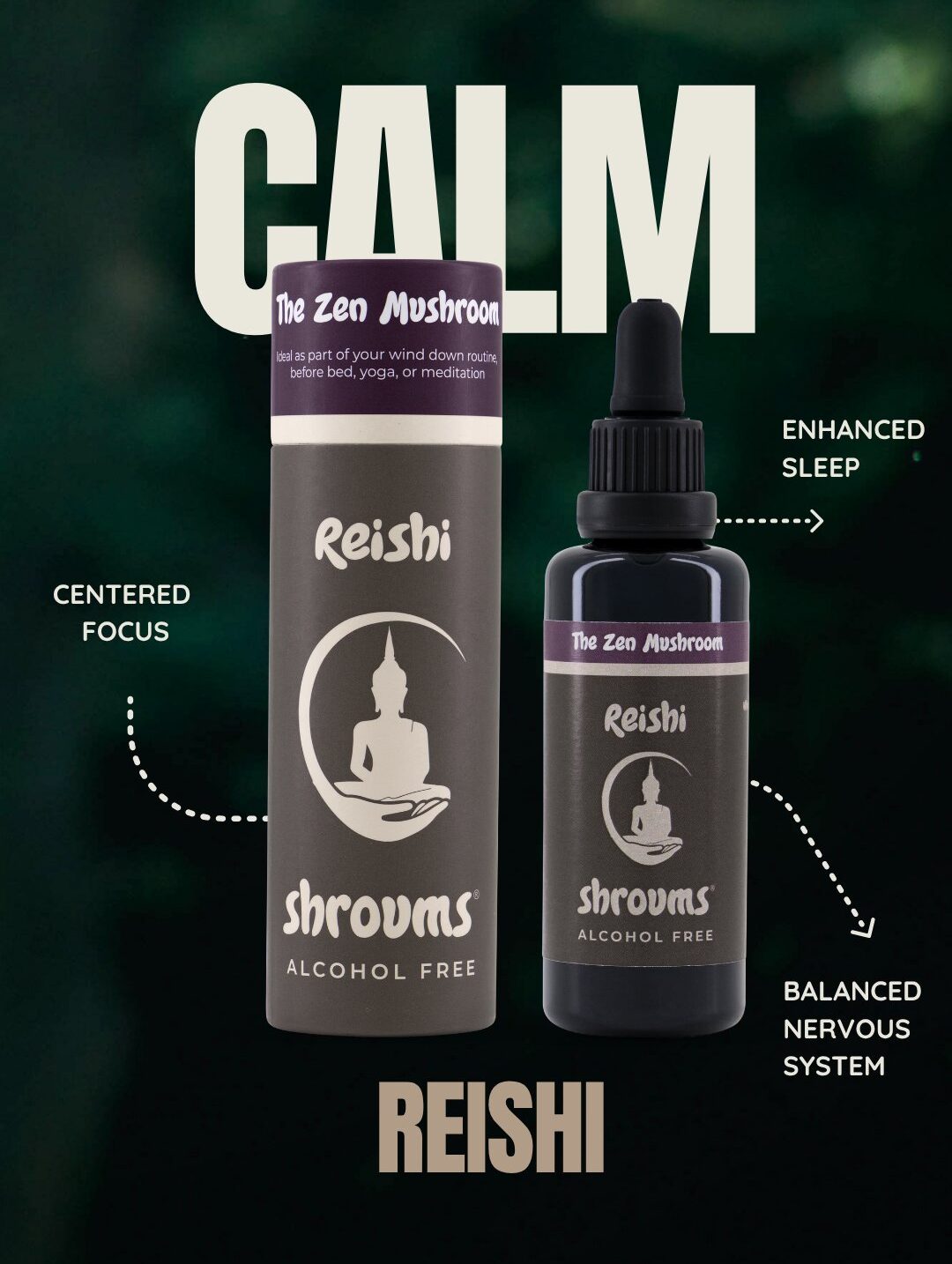Free next day delivery anywhere in the UAE

Boosts Brain Power & Focus
Lion’s Mane is your mind’s best mate – helping sharpen memory, focus, and mental clarity while supporting long-term brain health.
Supports Nerve Growth & Protection
May stimulate Nerve Growth Factor (NGF), protecting your neurons and encouraging regeneration after injury or wear.
Enhances Mood & Reduces Stress
Helps take the edge off anxiety, lift low moods, and improve resilience to daily stress.
Promotes Gut & Digestive Health
Encourages a healthy gut microbiome, which can improve digestion and immune strength.
Strengthens Immunity
Packed with immune-boosting beta-glucans to keep your defences fighting fit.
Fights Inflammation
Its anti-inflammatory kick helps combat chronic inflammation and promote all-round wellness.
Antioxidant Protection
Rich in antioxidants to protect cells, slow oxidative damage, and keep you feeling sprightly.

Natural Energy & Endurance Booster
Helps your body use oxygen more efficiently, improving stamina and reducing fatigue – perfect for workouts or long days.
Supports Lung & Respiratory Health
Traditionally used to improve breathing and oxygen uptake.
Strengthens Immune Defence
Immunomodulatory compounds help your body fight off bugs and stay balanced.
Fights Inflammation
Naturally anti-inflammatory for better recovery and reduced chronic inflammation.
Antioxidant Protection
Shields cells from oxidative stress to keep you energised and youthful.
Supports Kidney Function
Used in traditional medicine to protect and nourish the kidneys.
Boosts Libido & Sexual Health
Long-touted as a natural aphrodisiac – may improve sexual vitality in men and women.
Balances Blood Sugar & Cholesterol
May support metabolic and cardiovascular health by stabilising blood sugar and improving lipid balance.
Adaptogenic Stress Support
Helps your body adapt to physical and mental stress for consistent energy.

(Ganoderma lucidum)
Immune System Hero
Reishi helps balance and strengthen your immune system, keeping your natural defences on point.
Antioxidant Protection
Loaded with triterpenes and ganoderic acids to protect cells and slow the signs of ageing.
Stress-Busting Adaptogen
Helps the body adapt to stress, promotes relaxation, and supports emotional balance.
Fights Inflammation
Calms chronic inflammation to help protect against a range of health issues.
Supports Heart & Circulation
May lower blood pressure, improve circulation, and balance cholesterol.
Liver Support
Traditionally used to detox and protect the liver from damage.
Respiratory Health
May help ease asthma symptoms and boost lung function.
Sleep & Mood Support
Promotes deeper, calmer sleep and helps soothe anxiety.

Antioxidant Powerhouse
One of nature’s richest sources of antioxidants to combat oxidative stress.
Immune System Support
Helps regulate and strengthen immune defences against illness.
Fights Inflammation
Betulinic acid and other compounds help reduce chronic inflammation.
Potential Anti-Cancer Properties
Early studies suggest it may slow cancer cell growth (research still ongoing).
Gut & Digestive Health
May soothe the gut lining and promote a healthy microbiome.
Balances Blood Sugar
May help regulate blood sugar for metabolic health.
Supports Heart Health
Could lower cholesterol and blood pressure for better cardiovascular function.
Stress-Busting Adaptogen
Helps the body stay calm and balanced under stress.
Liver Protection
Supports detox and liver resilience.
Skin Health
May reduce visible signs of ageing and improve skin tone.

Immune Champion
Loaded with polysaccharides to prime your immune system’s response.
Antioxidant Protection
Phenols and flavonoids fight oxidative stress to keep cells healthy.
Cancer Support
May complement cancer treatments by strengthening immune defences.
Gut Health Booster
Feeds beneficial gut bacteria for better digestion and immunity.
Respiratory Support
Traditionally used to strengthen the lungs and ease respiratory issues.
Liver Support
May protect liver function and aid detox.
Fights Inflammation
Helps calm inflammatory conditions like arthritis and IBD.
Antiviral Properties
May help reduce severity and duration of viral infectio